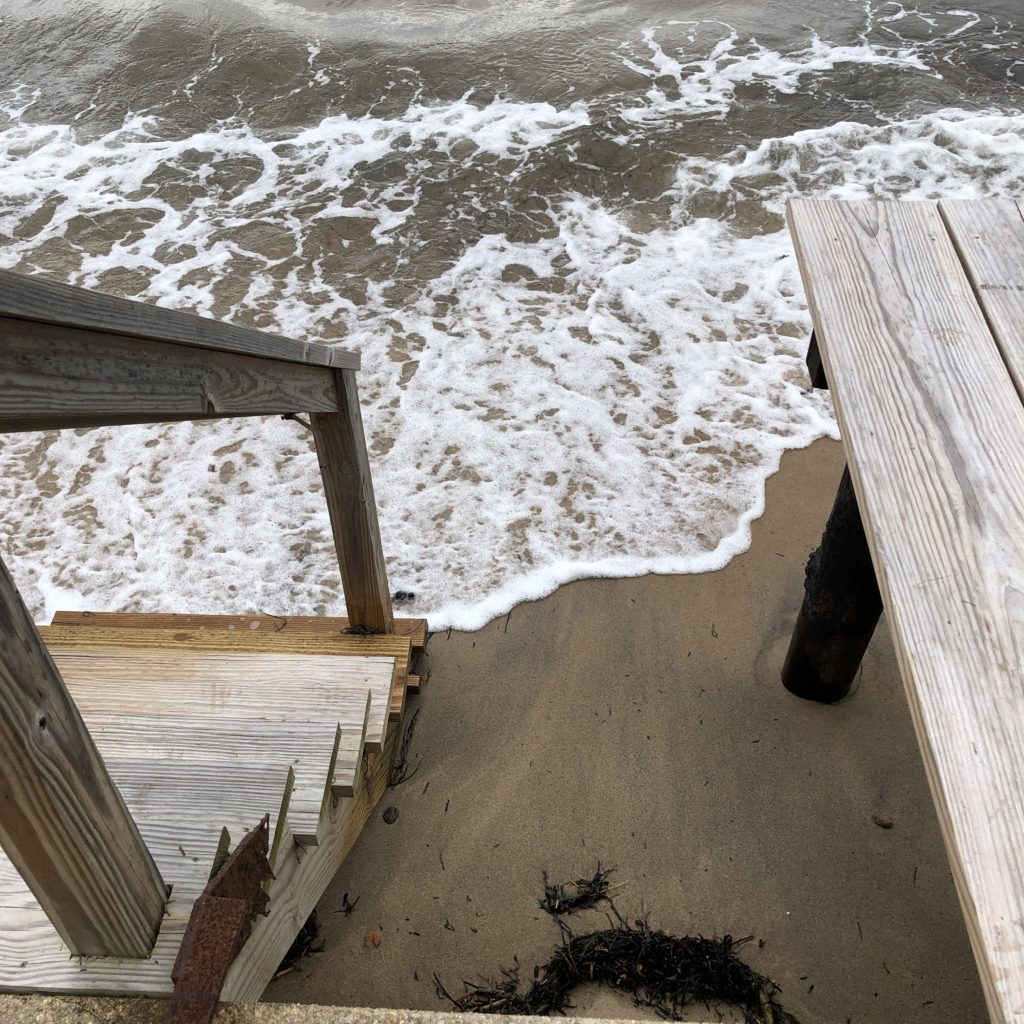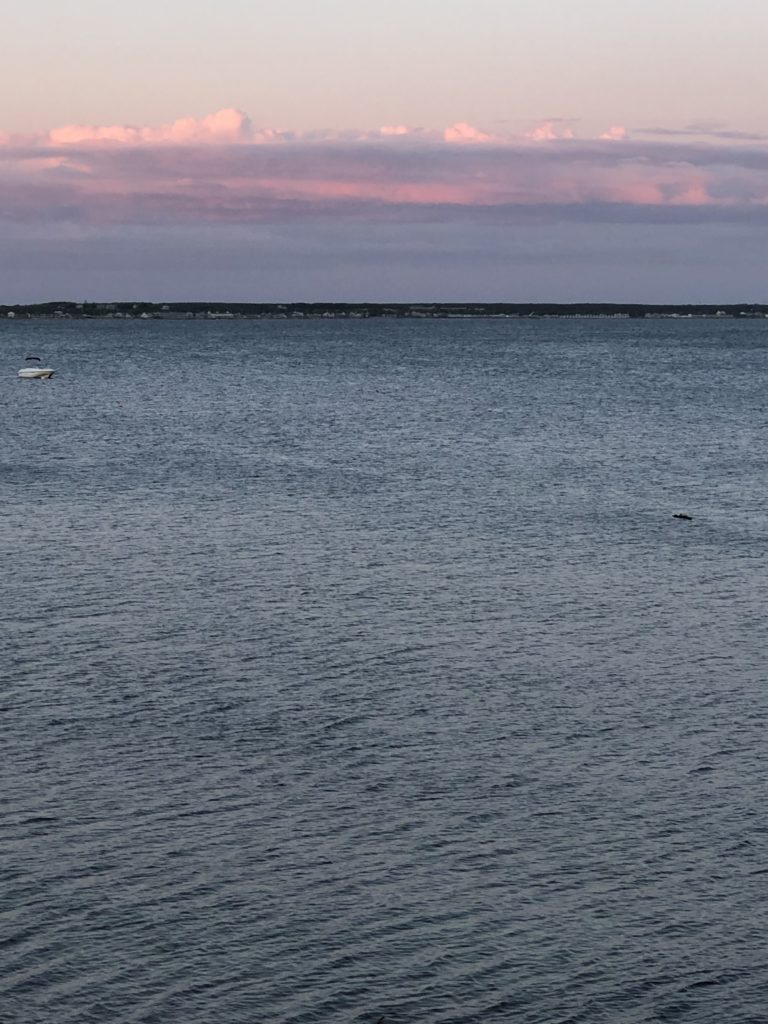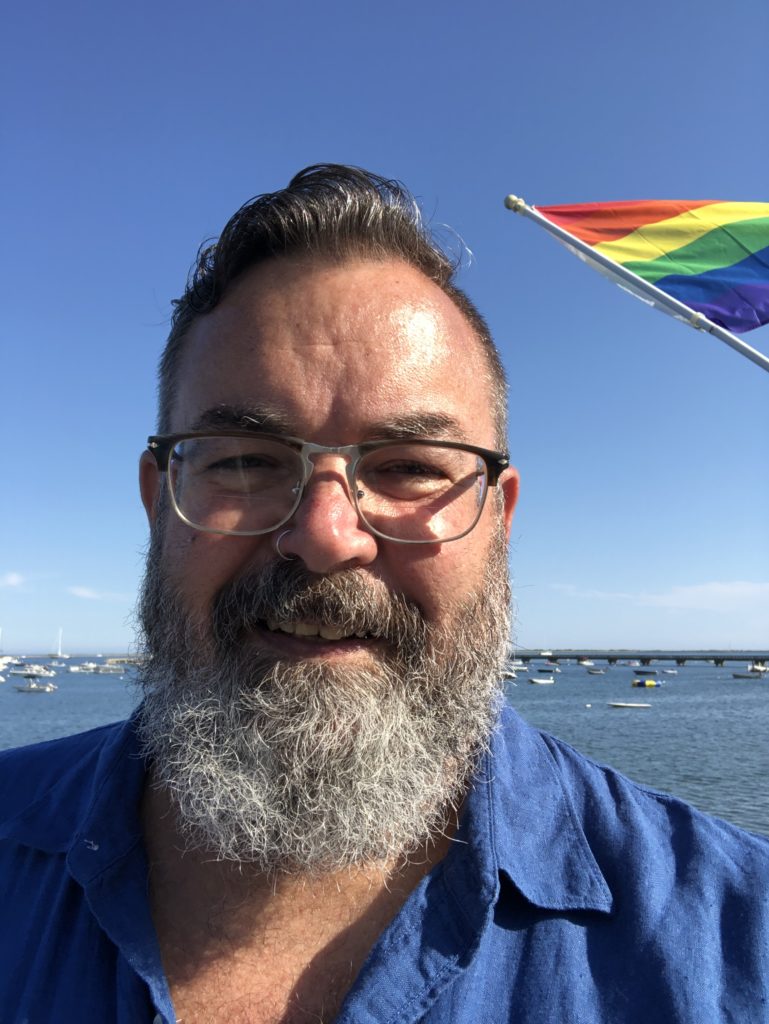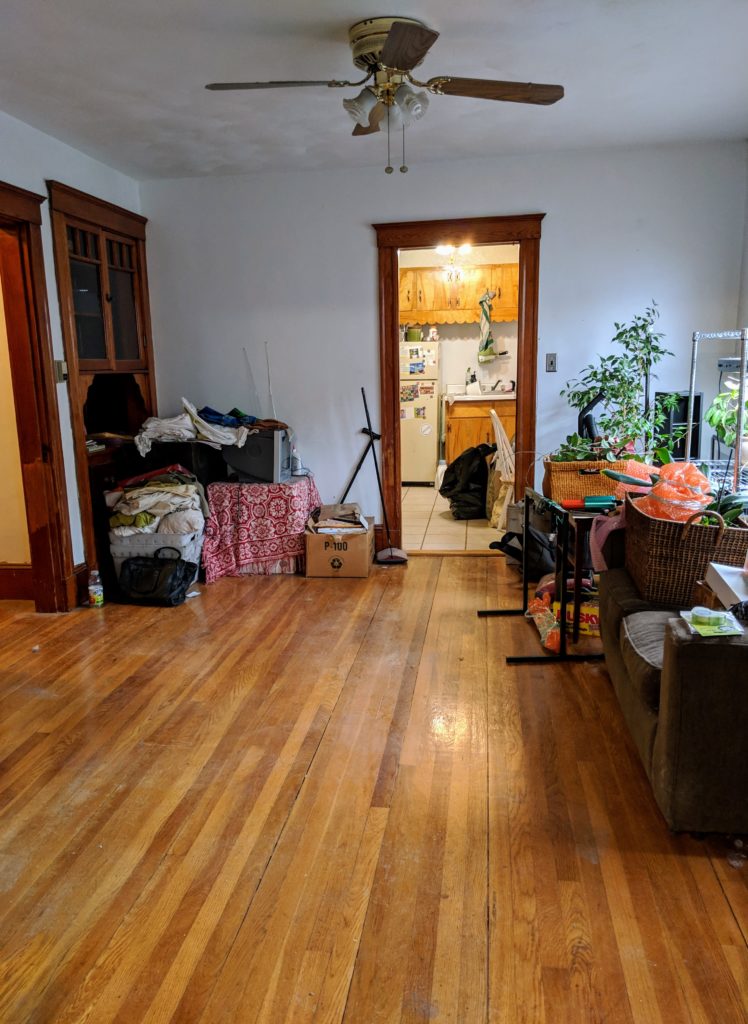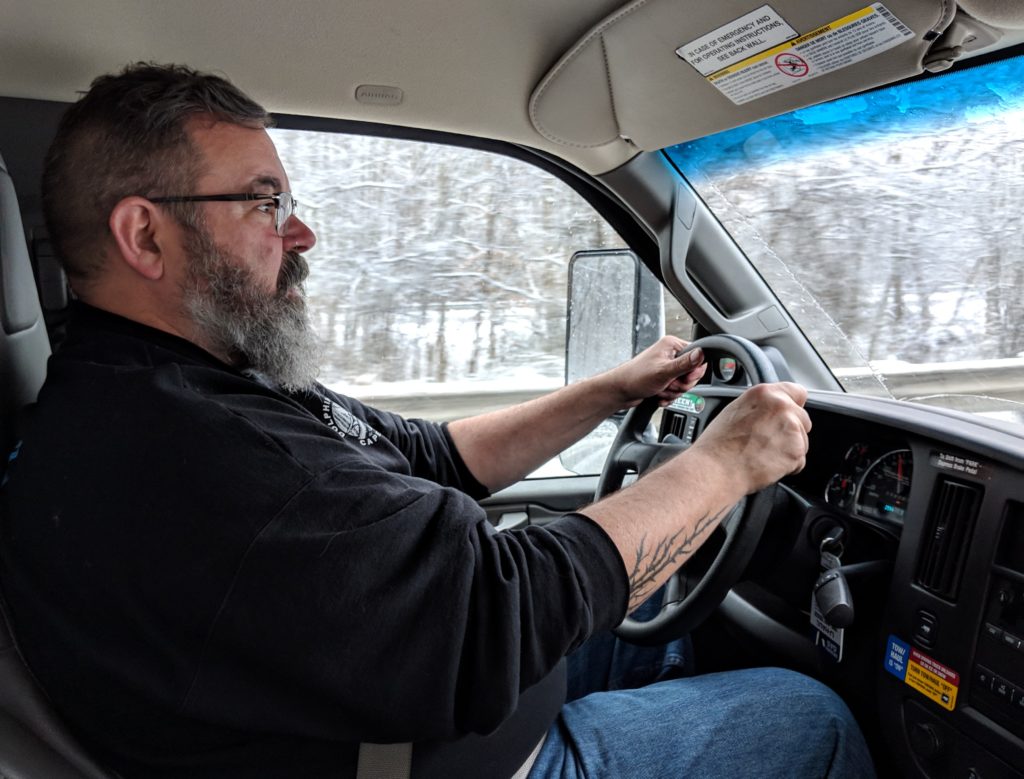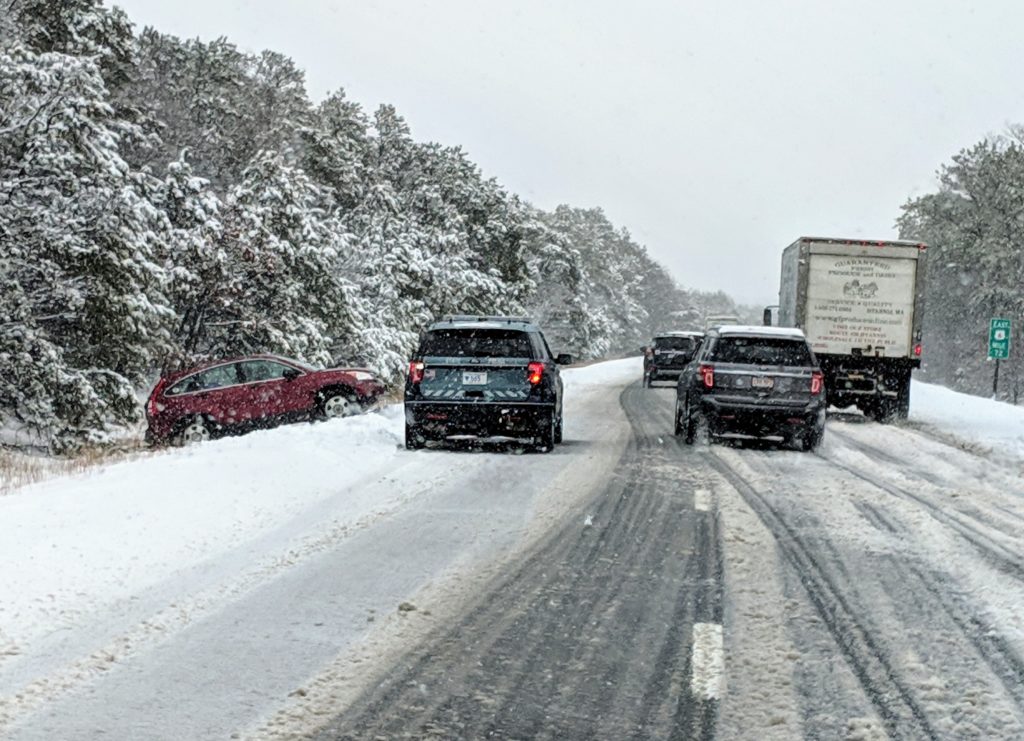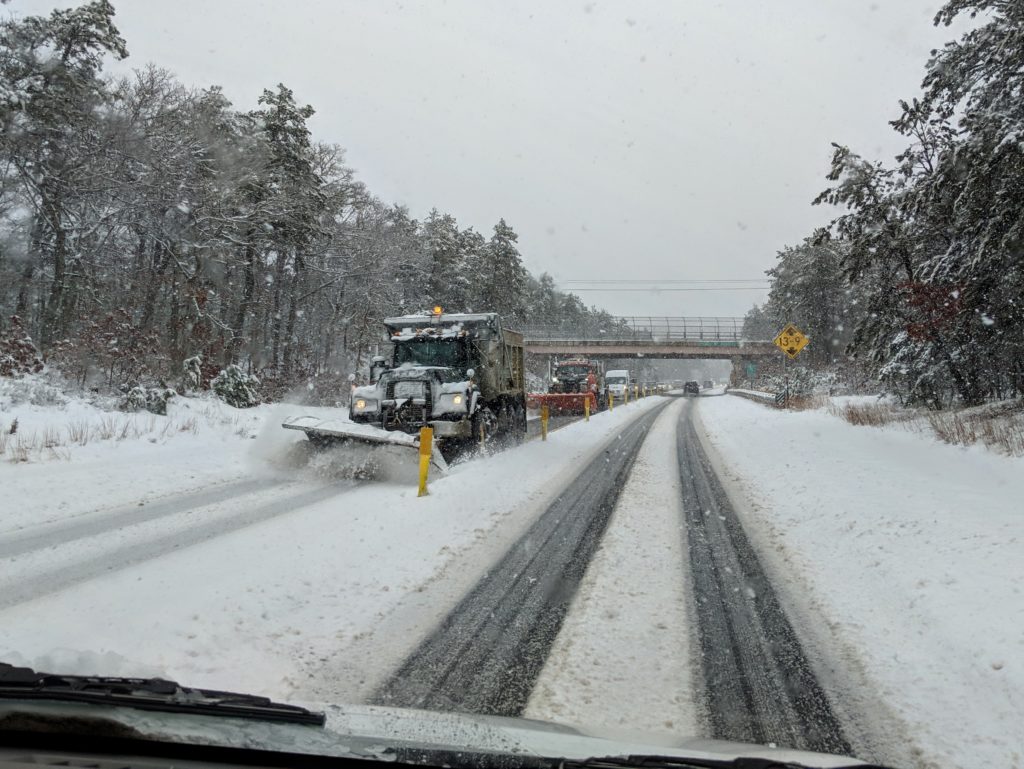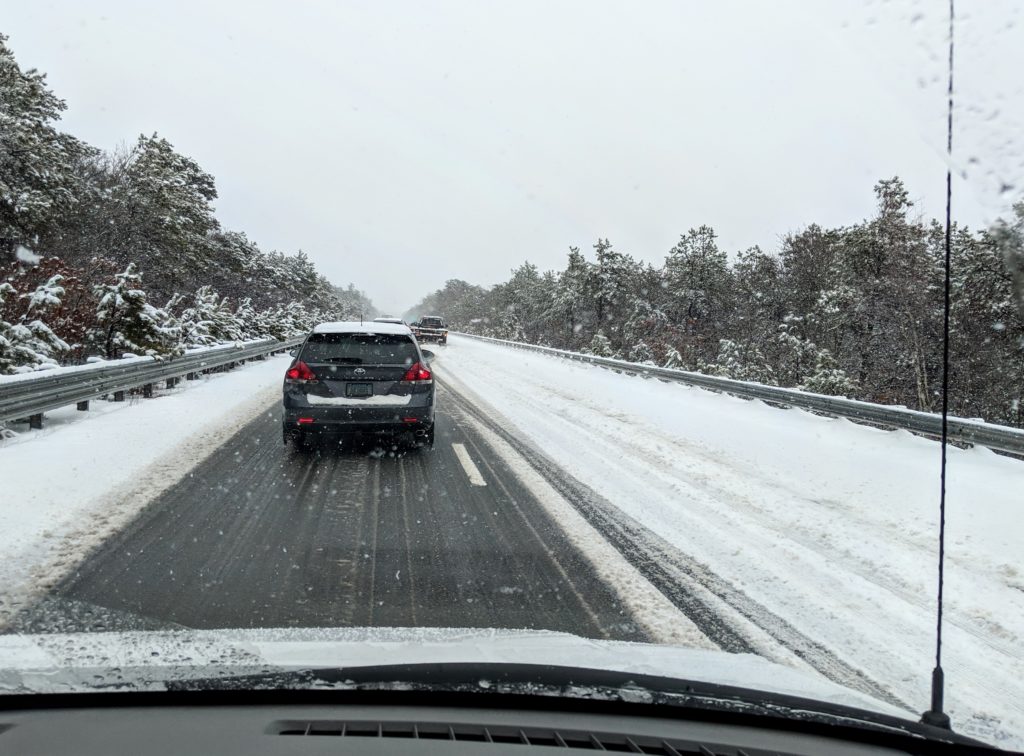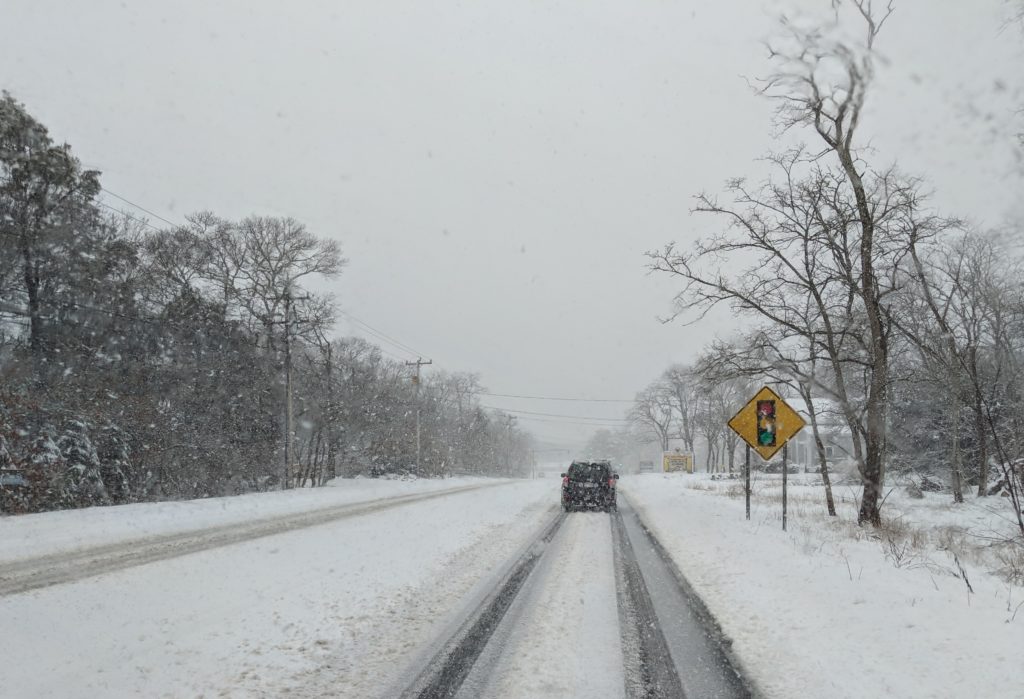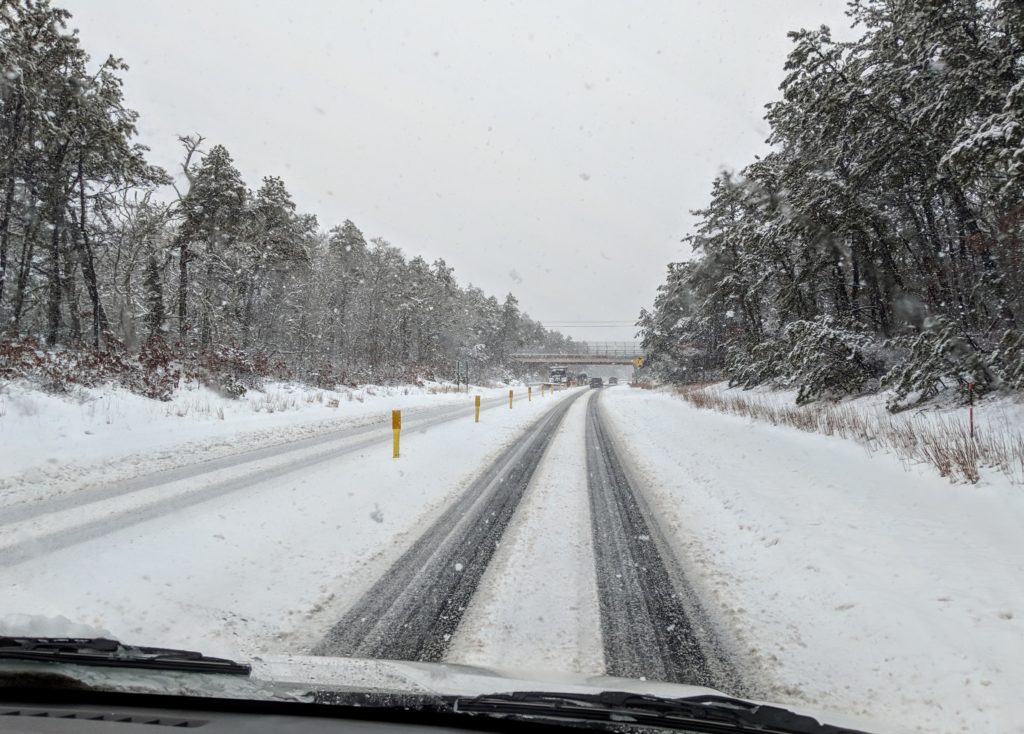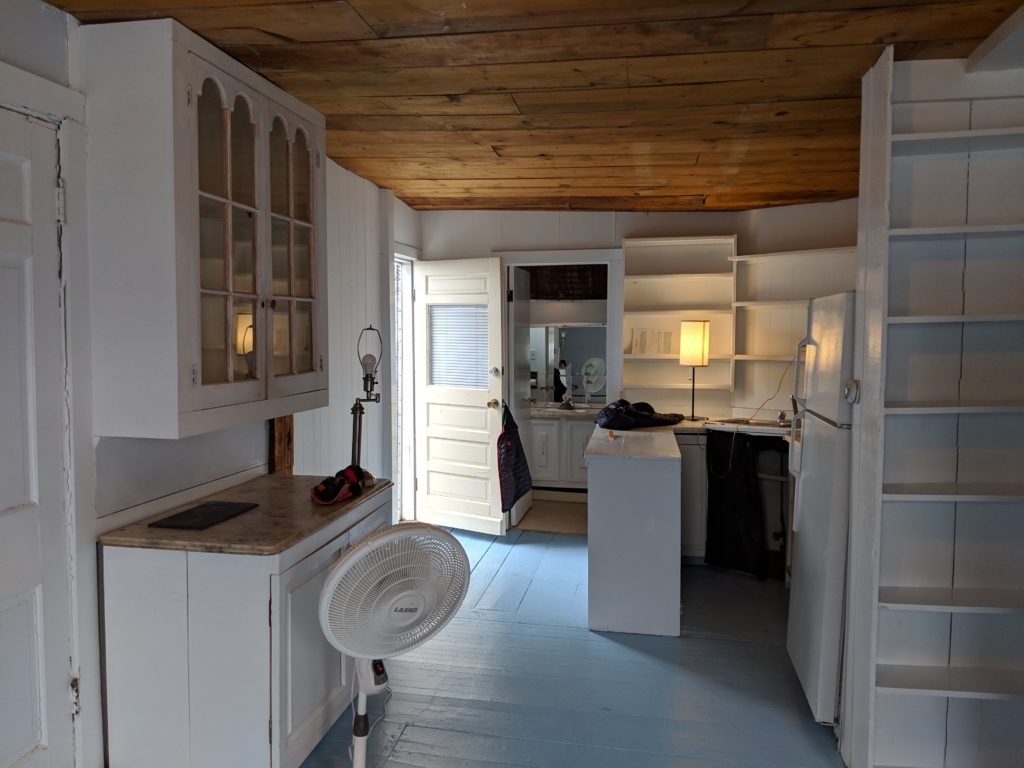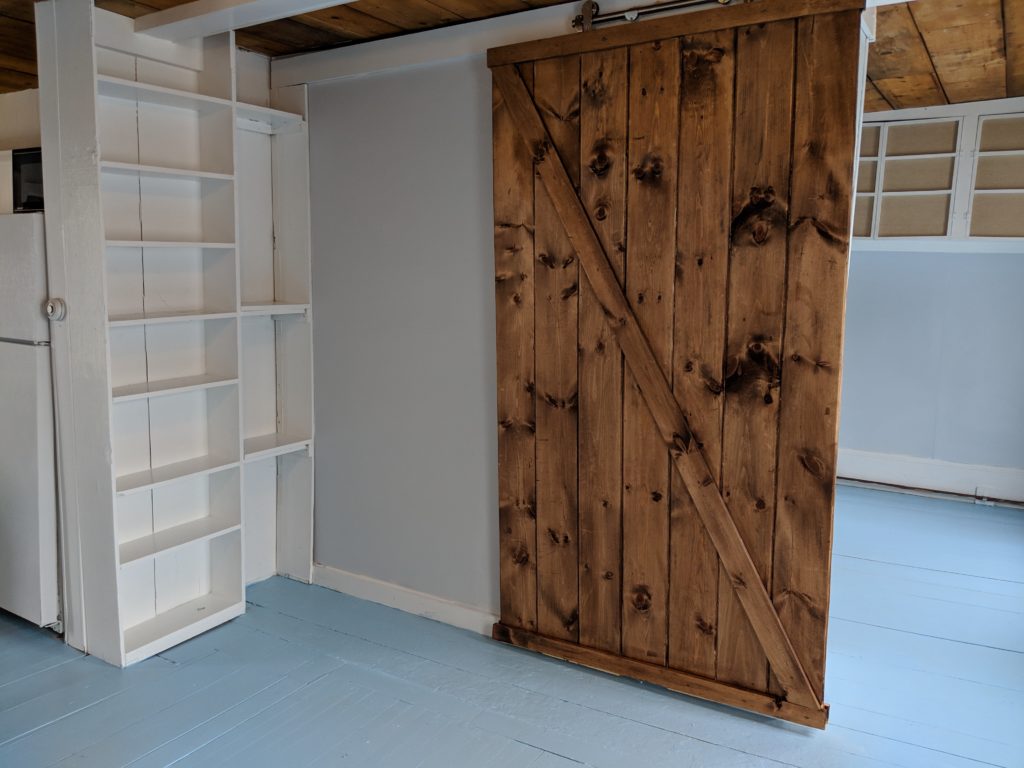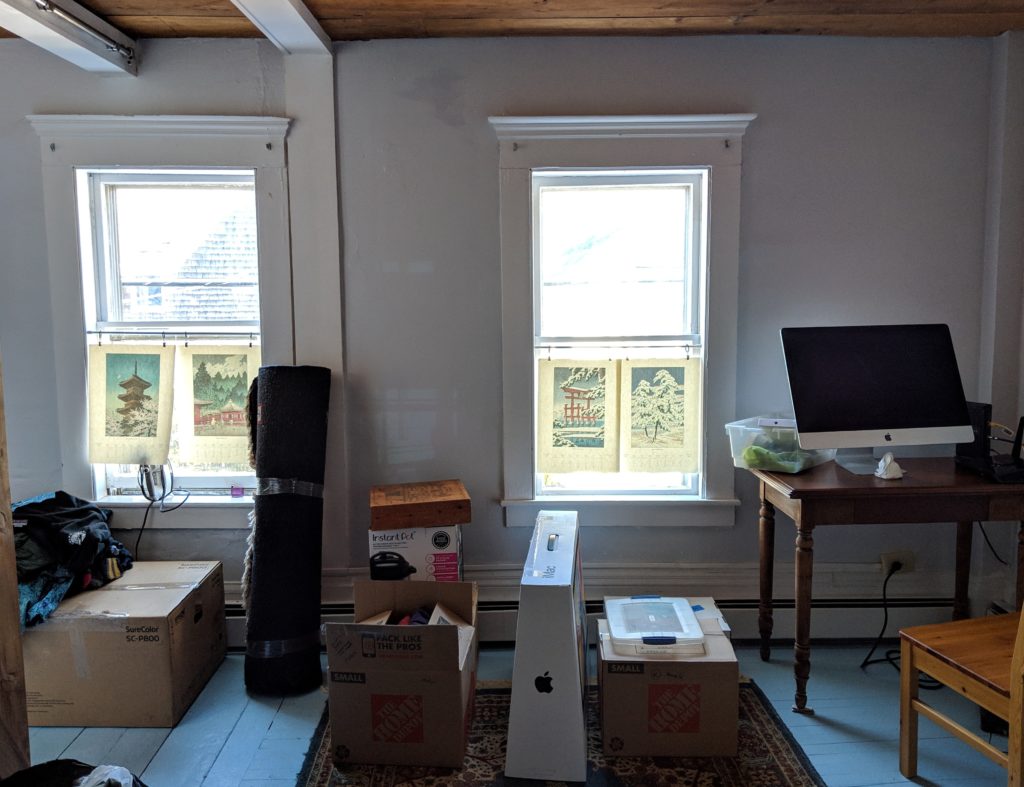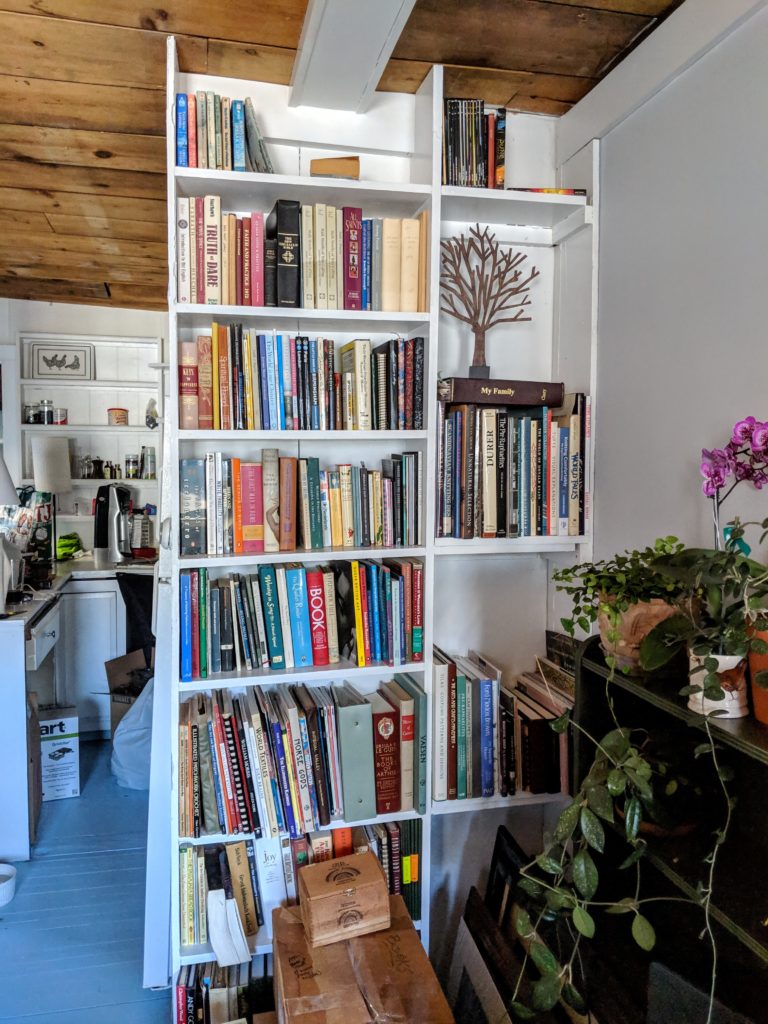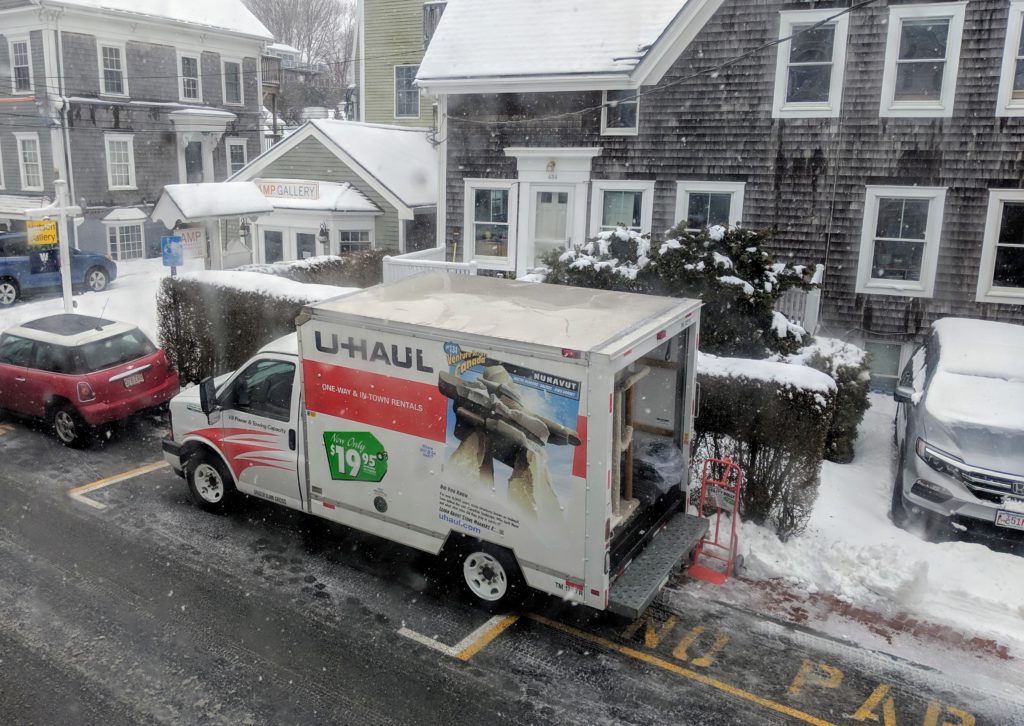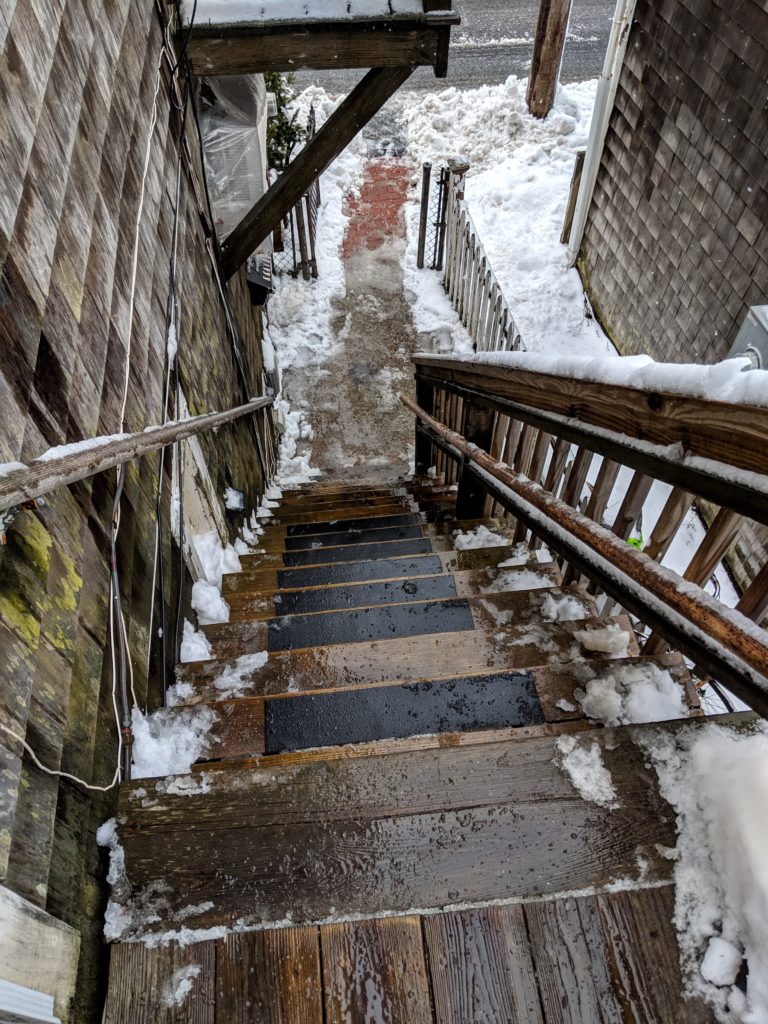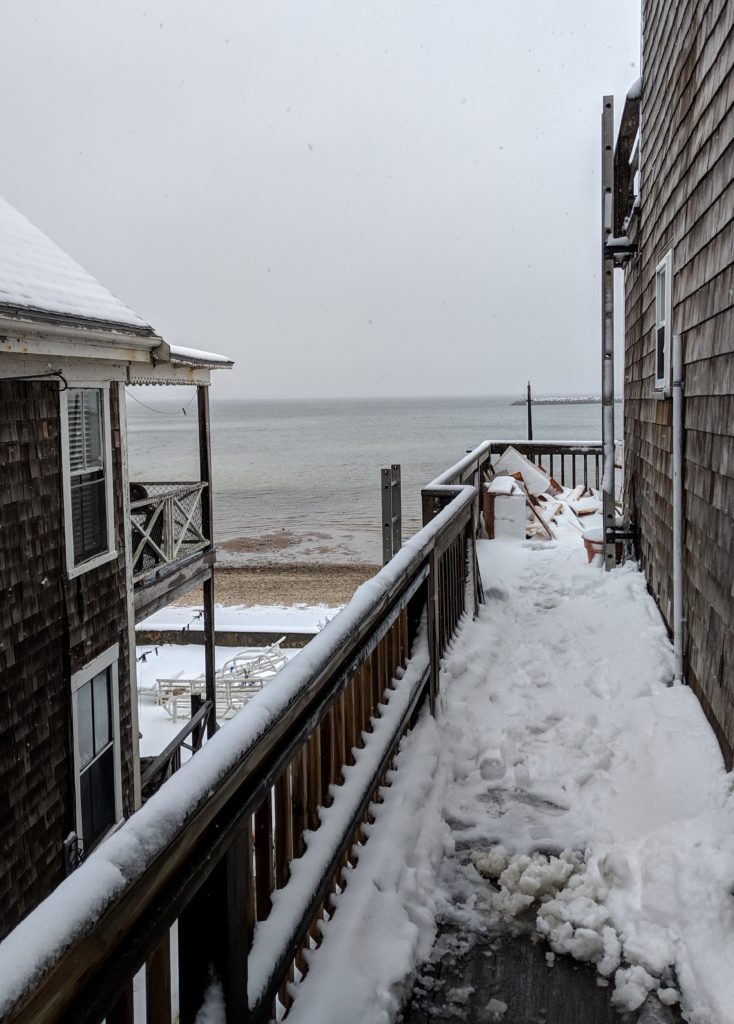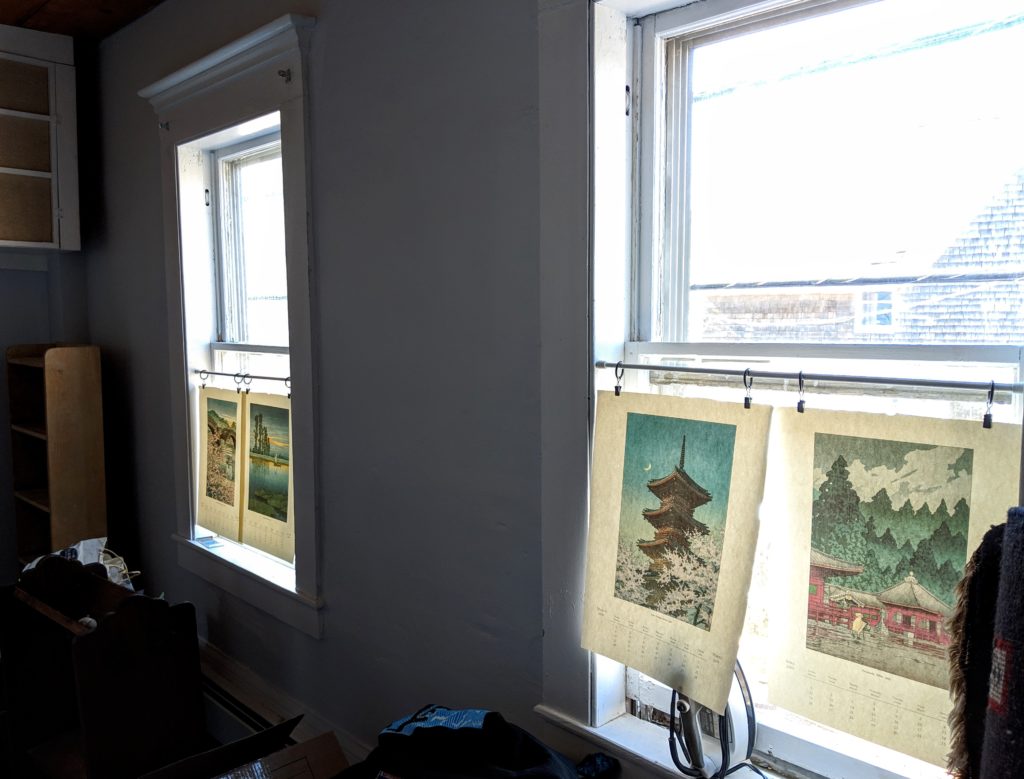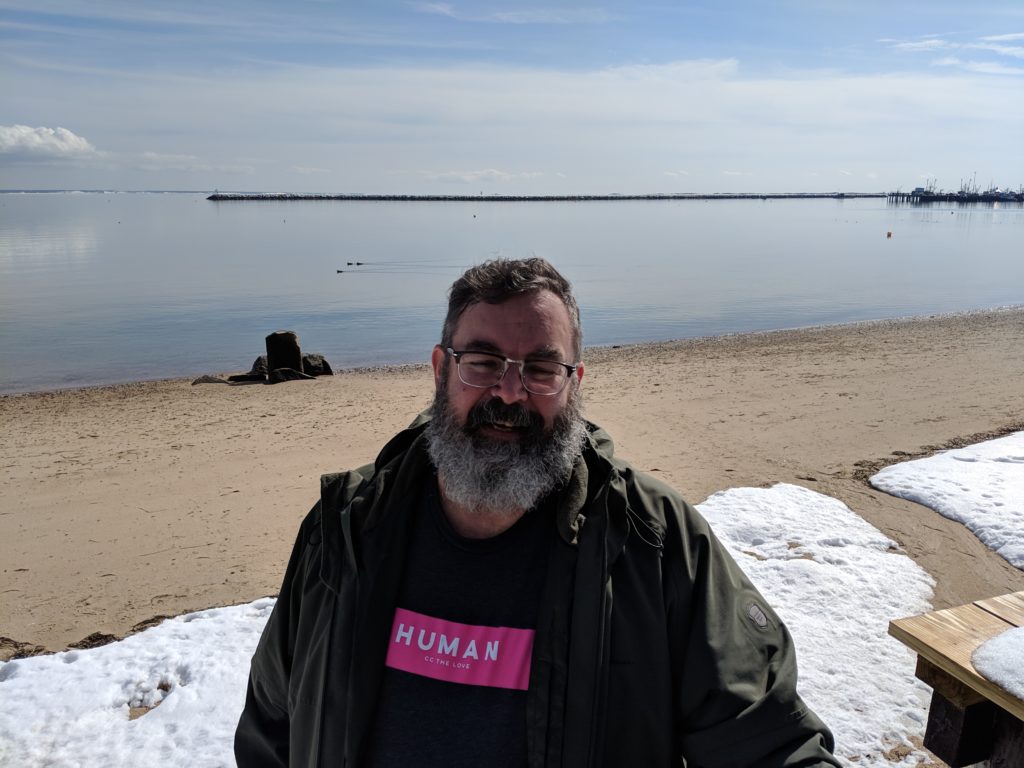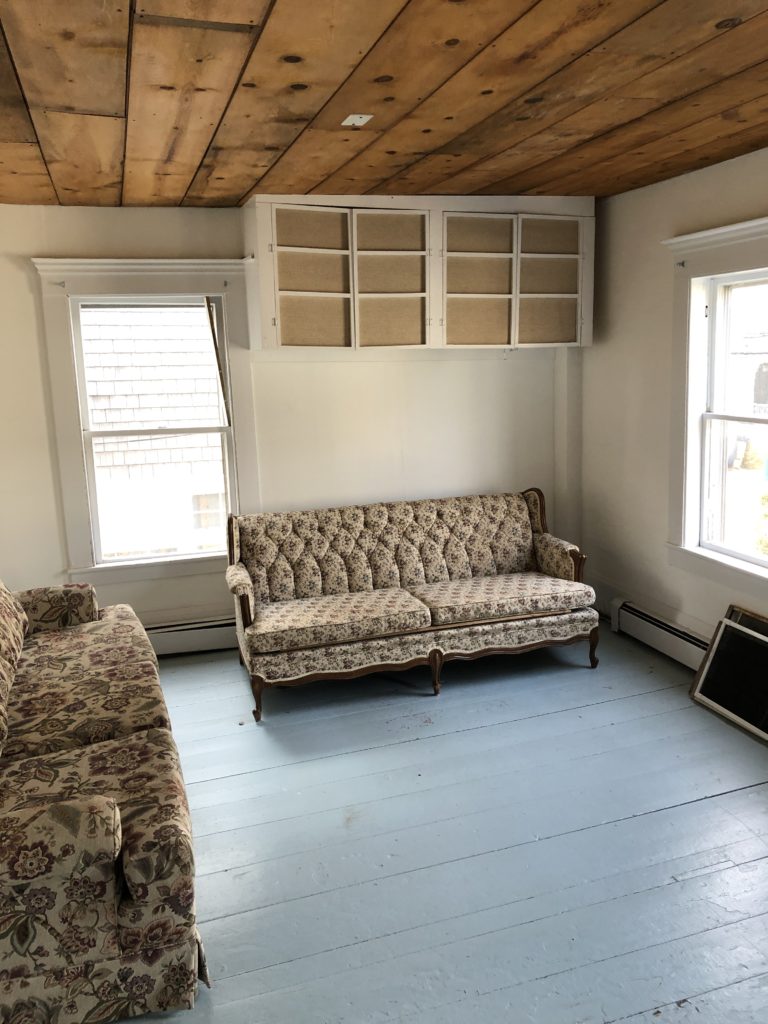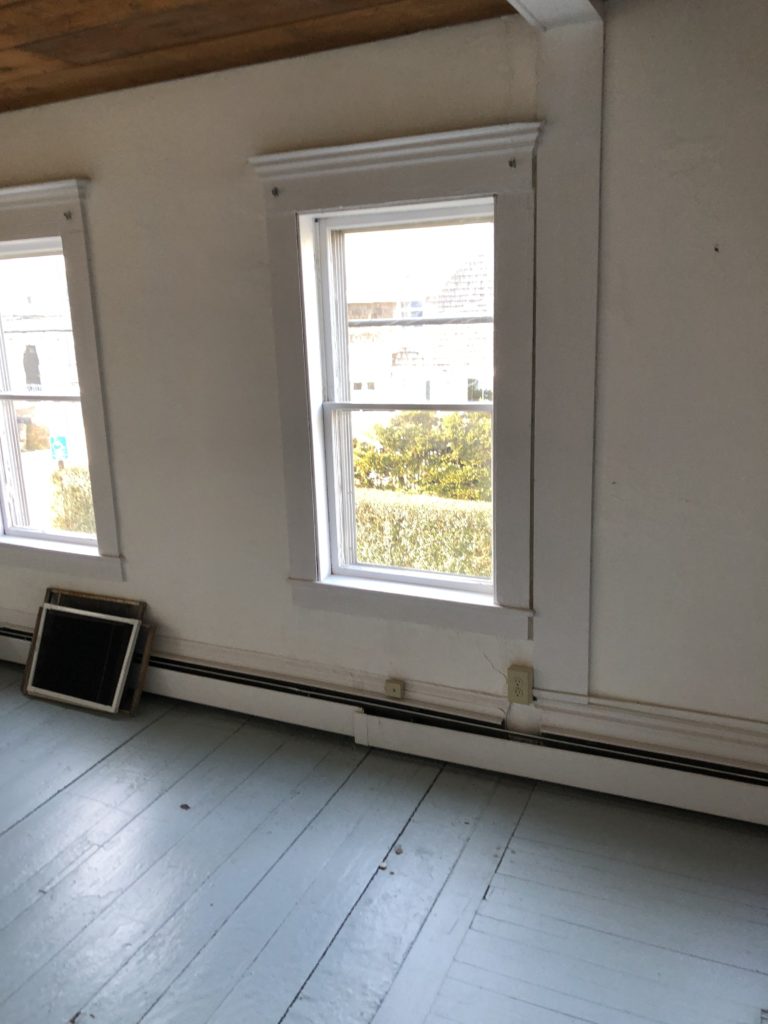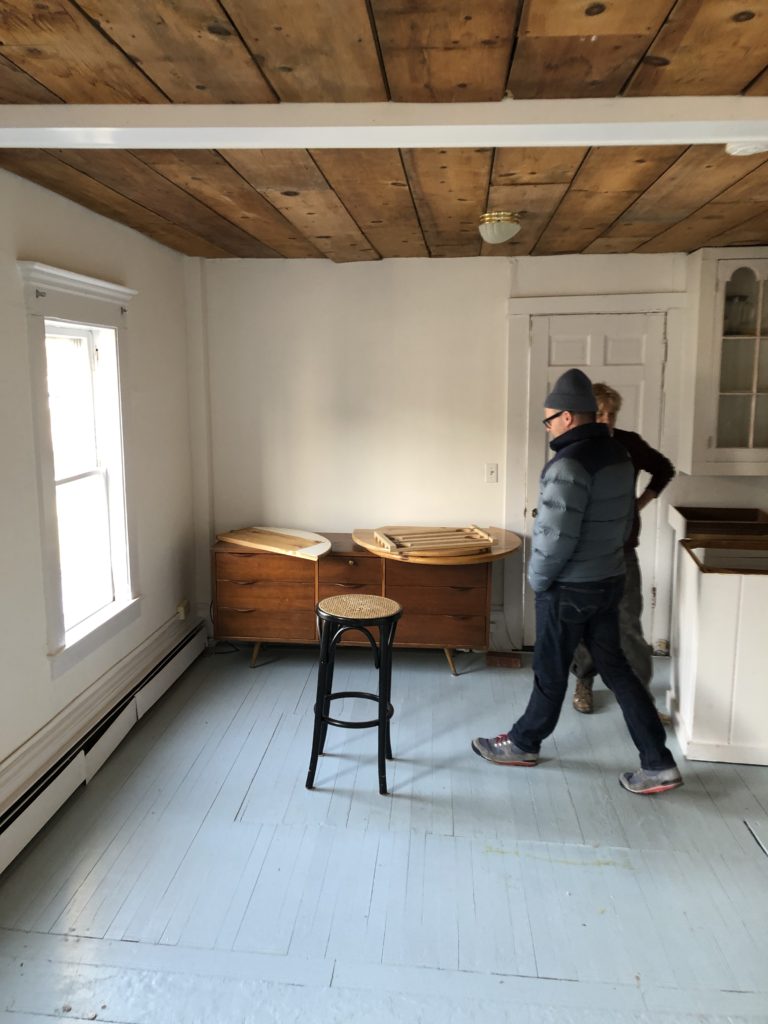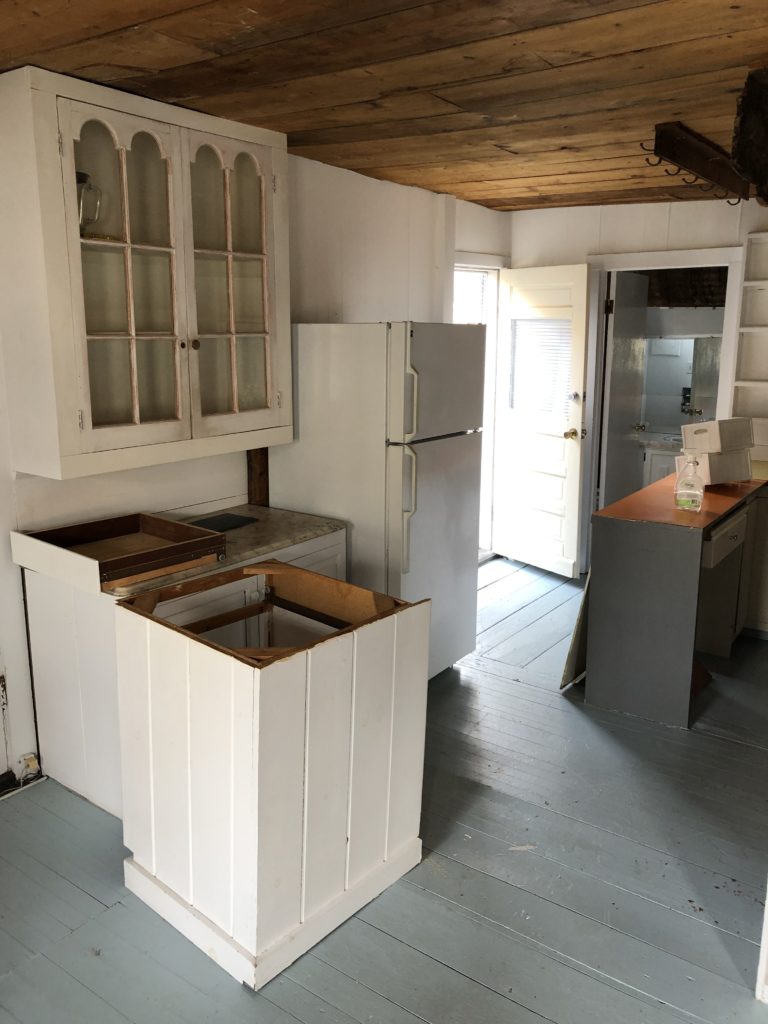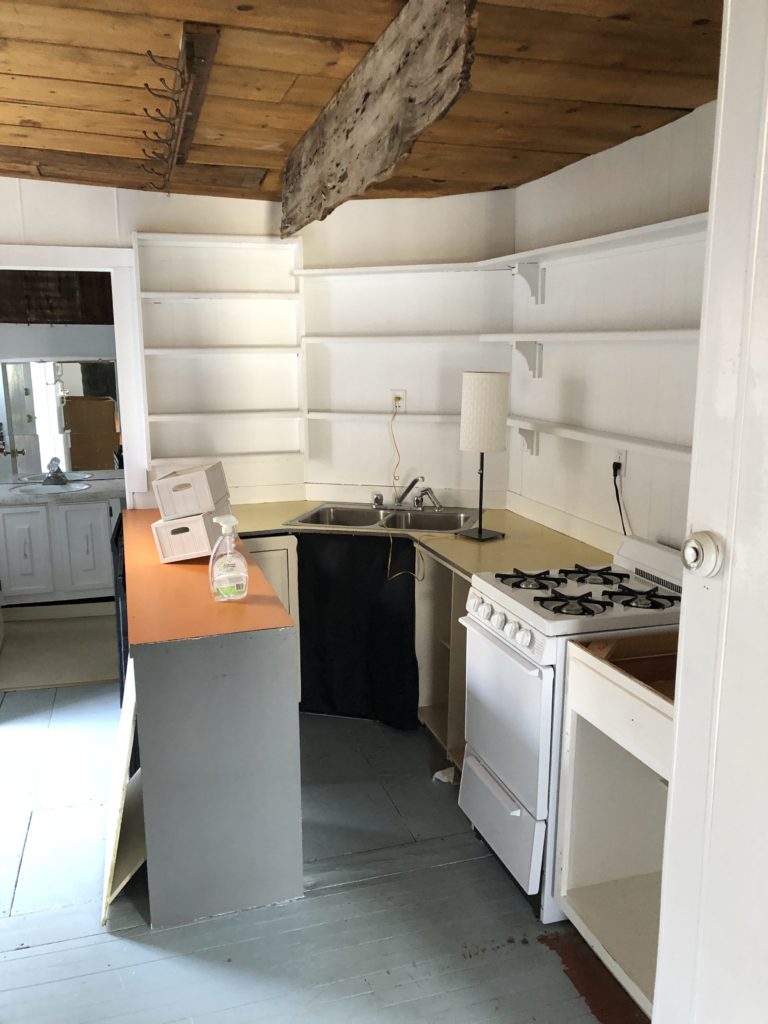I’ve supported people doing hospice work and traveled in the Quaker ministry with a concern to get Friends to talk about AIDS.
One aspect of the height of the AIDS epidemic was how many people were estranged from their families. So, if they were going to have help in their sickness and dying, it meant that their friends (and all too often, strangers) had to step up. I was not some Florence Nightingale, but rubbing hand lotion on a friend’s feet to soothe the neuropathy, or making sure they have a hot meal, or sitting in the hospital as they sleep, or keeping vigil on their deathbed really changes a person.
In 1992 I helped create an AIDS Working Group in Philadelphia Yearly Meeting of the Religious Society of Friends. Responding to a proposal from Carolyn Schodt, we created a Quaker Ministry to Persons with AIDS, which trained volunteers and paired them with people with AIDS for weekly visits. Usually the partners were people in hospice, and volunteers formed friendships, gave support, and provided respite to caregivers. I was involved in the training program and in a monthly support group for the volunteers.
My religious work among Quakers around AIDS had begun earlier, when I shared with my monthly meeting my concern that Quakers should be talking about the epidemic and considering what, if anything, God was calling them to do in response. After a discernment process, I was given what’s colloquially called a “travel minute,” which is an official statement of a Quaker body endorsing the activities of a specific Friend on a specific topic. Initially I travelled to other monthly meetings in Philadelphia Quarterly Meeting (roughly the city of Philadelphia) and later to other meetings in Philadelphia Yearly Meeting. By the time the AIDS Working Group had formed, I also travelled to other yearly meetings in North America.
Quaker practice varies widely (as does Quaker theology), and one striking memory I have is visiting Iowa Yearly Meeting Conservative. The “conservative” in their name refers to largely to practices of worship and to some degree cultural practices. Certainly the way they conducted their meetings for business was an eye-opener. When my travel minute was presented and read, upon acceptance of the minute, it was clear that Friends were prepared to hear whatever message I had, right then, should I have one. I was so used to very carefully and heavily scheduled agendas that I almost missed the significance of the moment.
My work around AIDS is part of what led me to enter a yearlong program, “On Being a Spiritual Nurturer,” led by three Friends who had created an organization called School of the Spirit. In monthly residential weekends, participants heard from a variety of spiritual nurturers from different traditions, experienced various contemplative practices, and reflected together on what we were learning. Between times we did lots of reading and reflection papers, practiced local ministry under the care of oversight committees, and considered our own particular calls to ministry.
What I learned in the School of the Spirit has informed my approach to friendships and care and support for others, although I did not formally become a spiritual director. As I’ve been taking a fresh look at my life around the occasion of turning 60, I’ve given consideration to renewing and deepening my own spiritual practice and to the possibility of offering spiritual direction to others.

